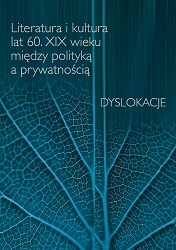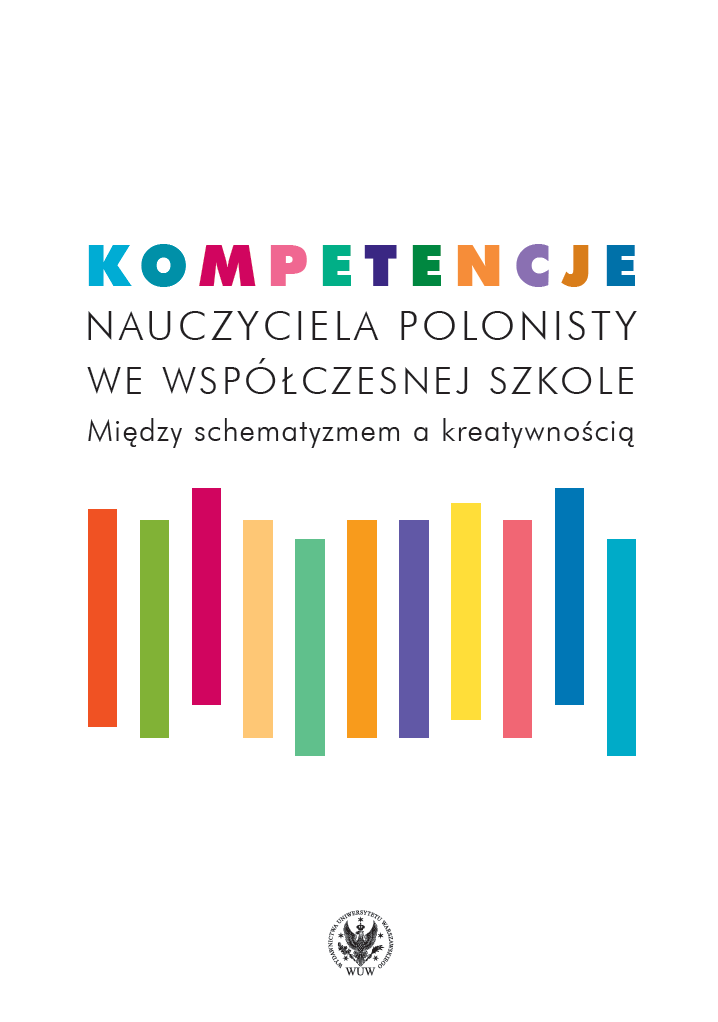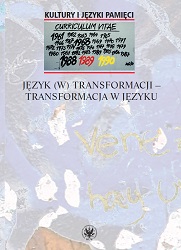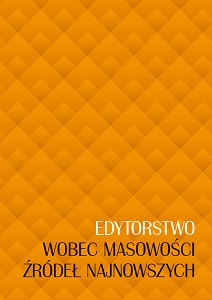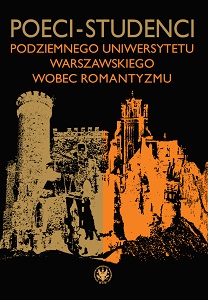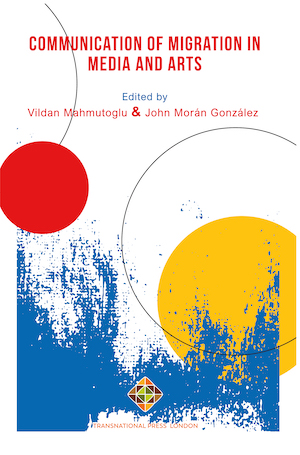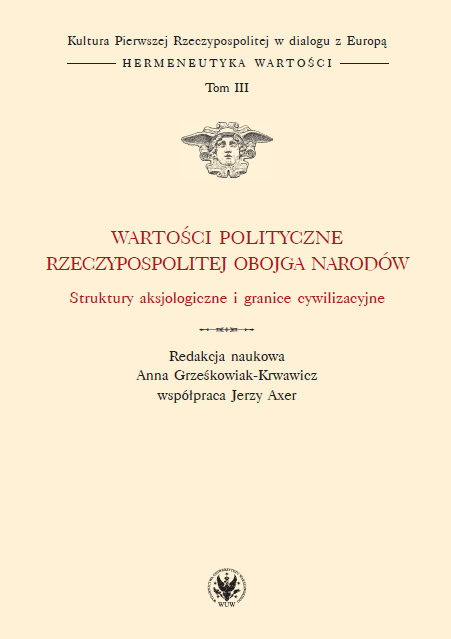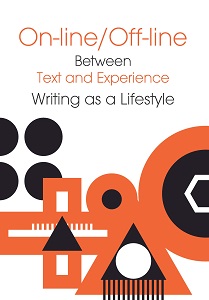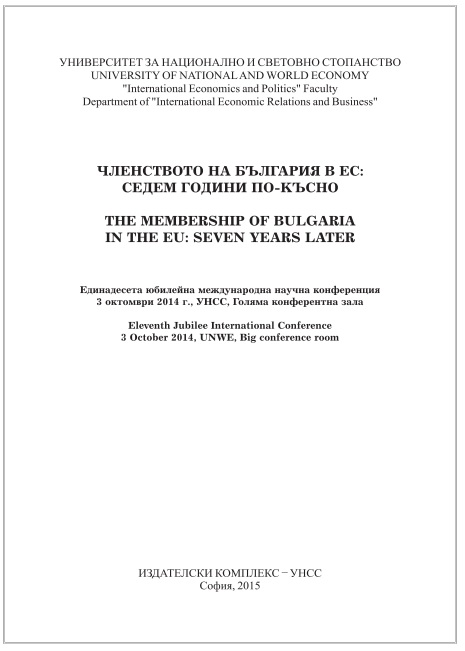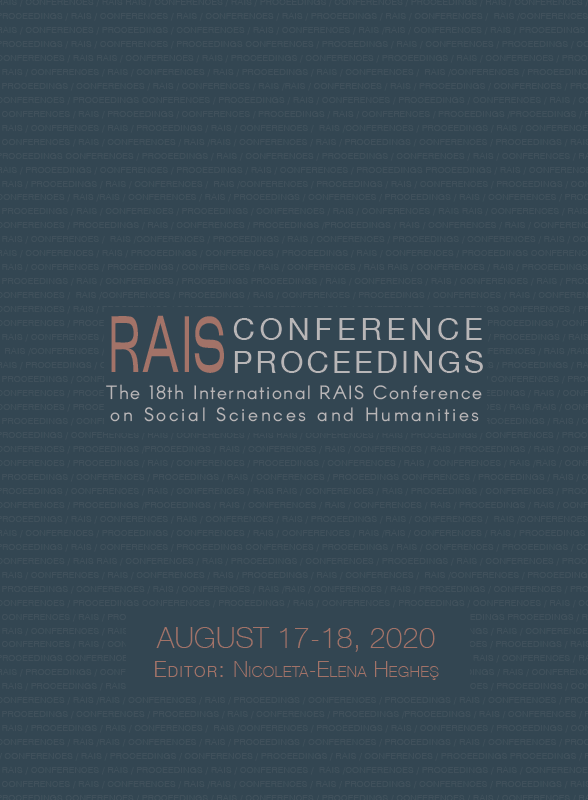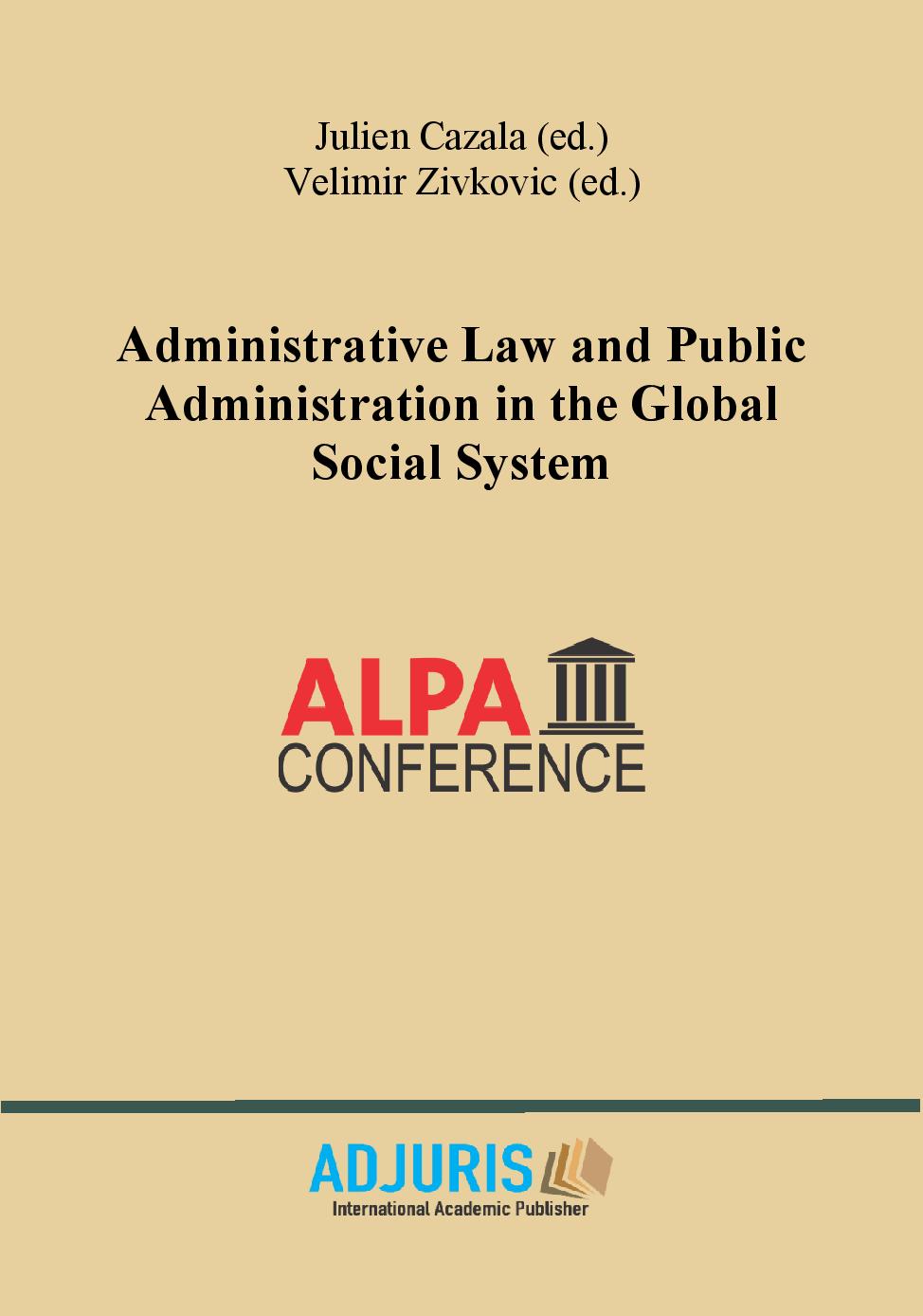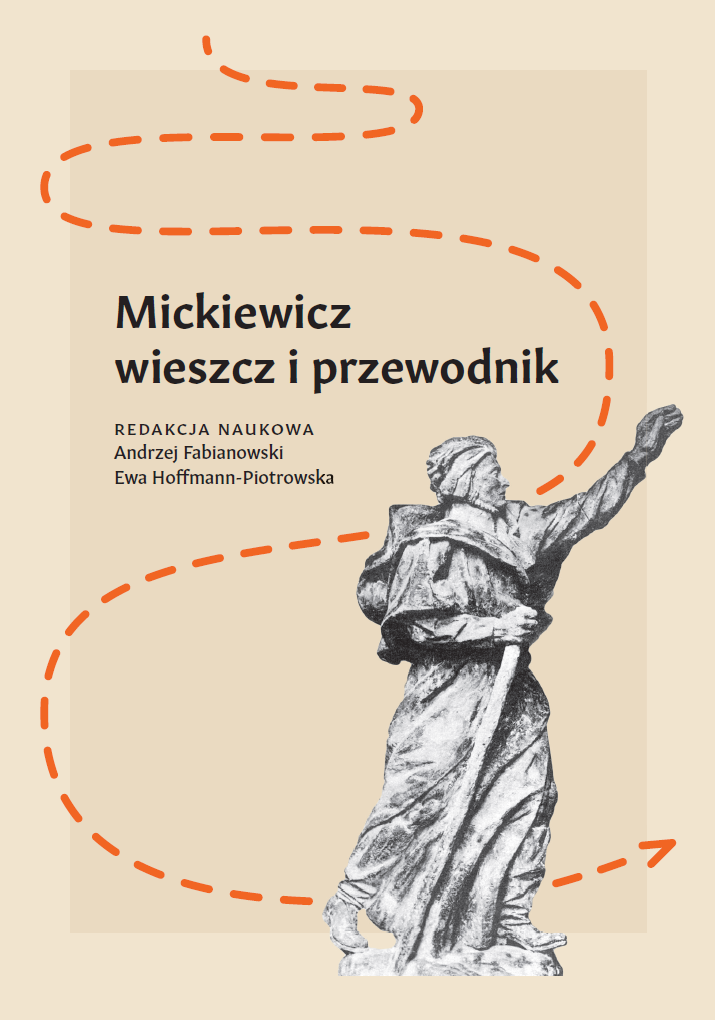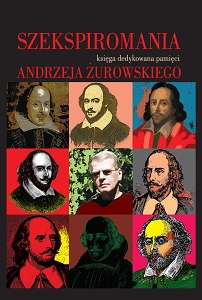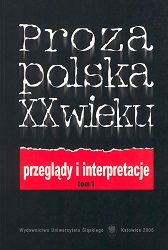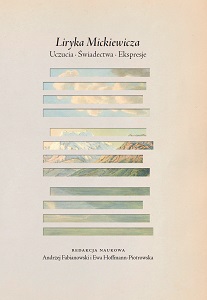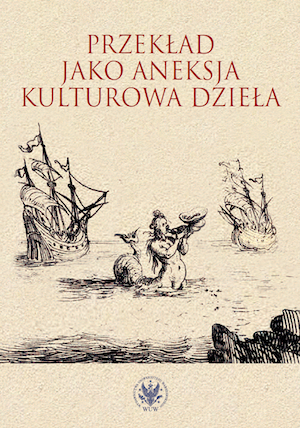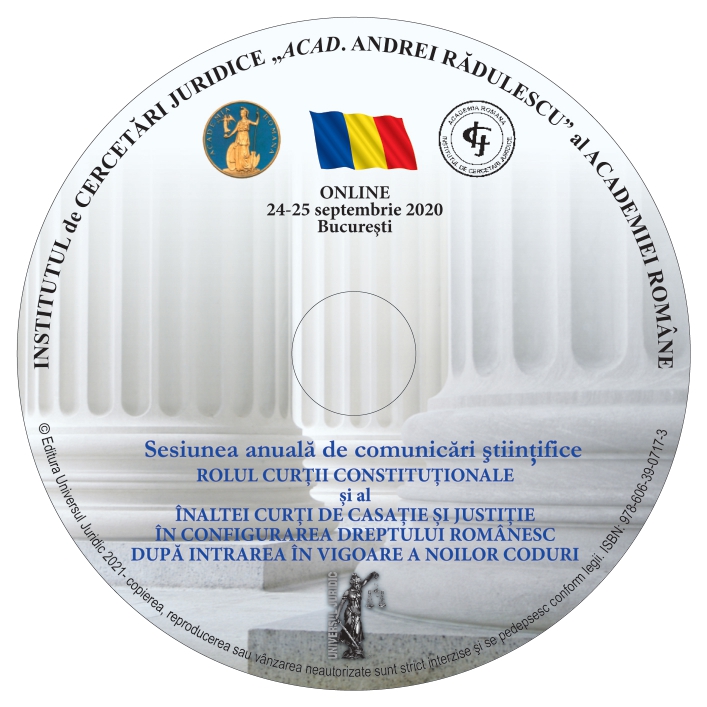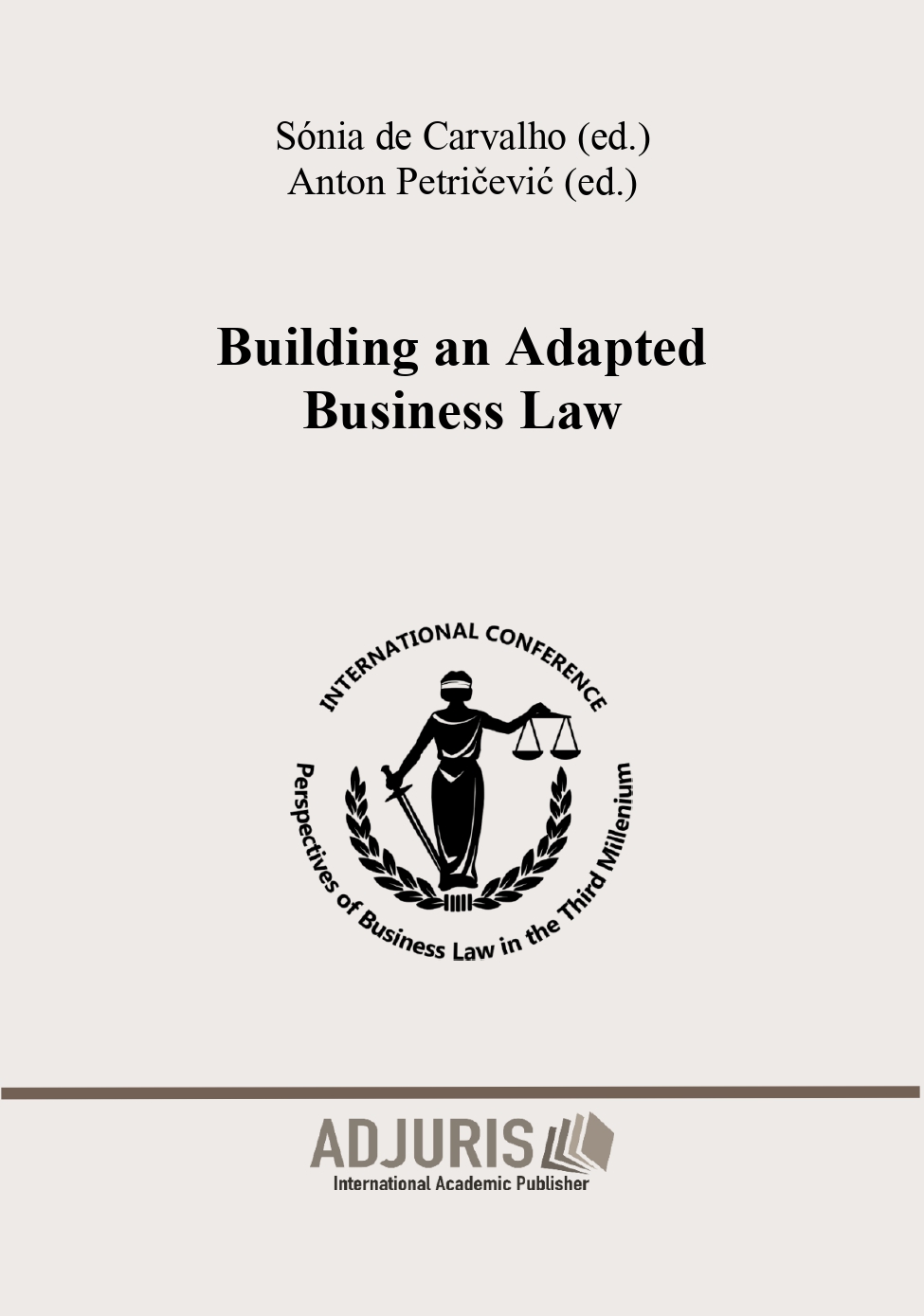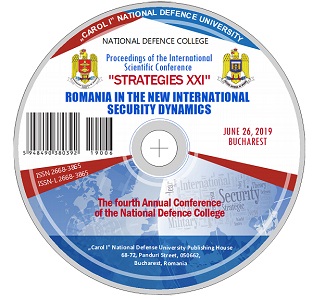
COOPERATION BETWEEN THE NORTH ATLANTIC TREATY ORGANIZATION AND THE EUROPEAN UNION – A NECESSITY IN THE CURRENT SECURITY ENVIRONMENT
COOPERATION BETWEEN THE NORTH ATLANTIC TREATY ORGANIZATION AND THE EUROPEAN UNION – A NECESSITY IN THE CURRENT SECURITY ENVIRONMENT
Keywords: NATO; EU; common security challenges; complementarity; synergy; interoperability.
NATO and EU reacted to the changes in the international security environment based on their own aim, capabilities, and level of ambition. Aside from intrinsic differences, both NATO and EU identified common security challenges, threats and risks, and have similar views of engagement. Against this background, NATO – EU cooperation has entered a new phase, based on the Joint Declarations signed by the two parties in 2016 and 2018 setting-up as domains of cooperation: countering hybrid threats; operational coordination; cyber security and defence; defence capabilities’ development; defence industry and research; exercises; support for Eastern and Southern partners. Progress has been made and is still ongoing on all seven directions. The following common priorities set for NATO – EU cooperation are military mobility; fighting terrorism; strengthening resilience; woman, peace and security. The proficient cooperation between NATO and EU is needed today to cover the large spectrum of common security threats, while the success of NATO – EU cooperation is conditioned by avoiding duplication of effort, ensuring complementarity and interoperability in terms of troops, capabilities and defence industry and research, and by enhancing Intelligence sharing.
More...
